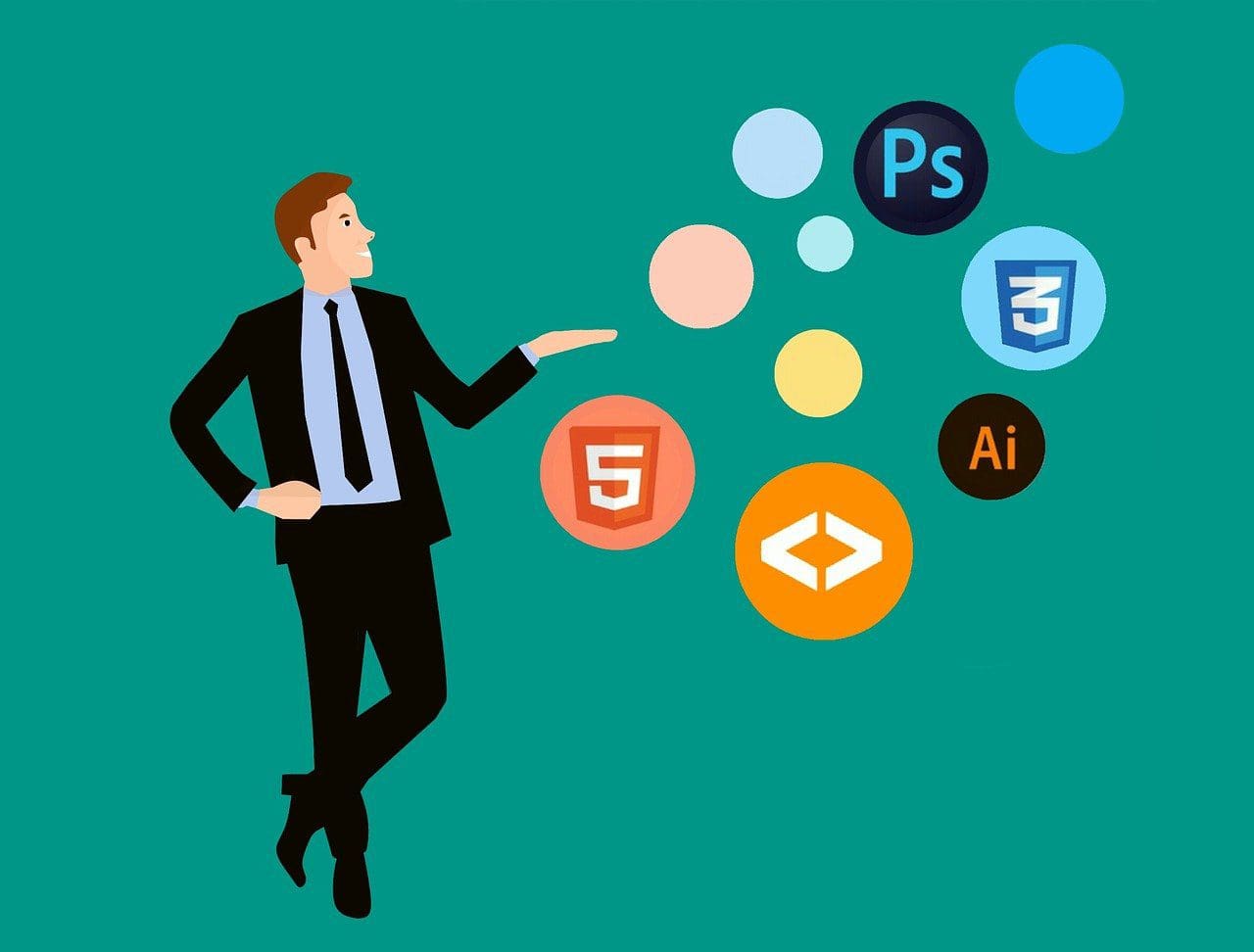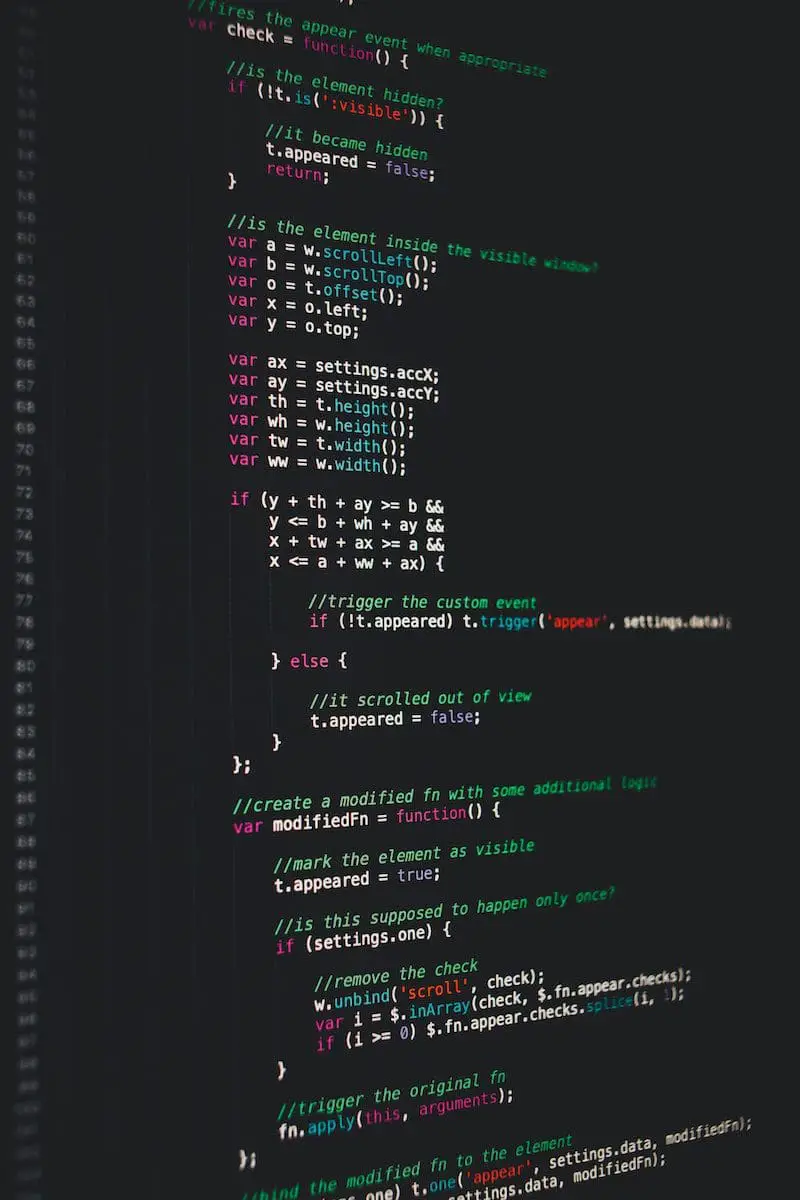The games we play on our mobile phones, laptops, desktops, etc. and the applications we use for various purposes are all a result of programming.
Today with increasing technologies, more and more people are diverting towards programming to create new things and give life to their ideas. However, to become a developer, everyone must start learning from a basic level. SDK and JDK are the parts of that basic level.
Key Takeaways
- SDK stands for Software Development Kit and is a set of tools used for developing software applications. In contrast, JDK stands for Java Development Kit and is a subset of the SDK used specifically for Java development.
- SDK includes compilers, debuggers, libraries, and documentation for various programming languages, while JDK includes a Java compiler, Java Runtime Environment (JRE), and libraries for Java development.
- SDK is used for developing applications for various platforms, while JDK is used specifically for developing Java-based applications.
SDK vs JDK
The difference between SDK and JDK is that SDK is a set of development tools that help developers create an application or a program on any platform. On the other hand, JDK is a set of development tools that allows a programmer to write a program using only Java.

SDK is a software development kit described as a set of software tools used worldwide to create an application or a program. There are various platforms to develop an application, and every forum has its SDK.
For example, for ios application development, the developers use ios SDK. The SDK tools include processes, API, libraries, compiler, debugger, code samples, guides etc.
JDK stands for the Java development kit. JDK can be defined as a software development kit for writing a program in Java. It is one of Java’s three core technology packages, i.e. JVM, JRE and JDK. JDK consist of a set of development tools that help develop Java-based software.
It has various versions, but the most commonly used version is Java 8.
Comparison Table
| Parameters of Comparison | SDK | JDK |
|---|---|---|
| Full form | Software development kit. | Java development kit. |
| Uses | It is a set of software or development tools used to create an application or a program on any platform. | It is a set of development tools that allows a programmer to write a program using Java. |
| Tools | Libraries, sample code, supporting documentation etc. | Consists of the programming tool’s selection components |
| Types | Android SDK, iOS SDK, java SDK, etc. | Java 8, Java 11, etc. |
| Structure | Independent | Interdependent |
What is SDK?
SDK stands for the software development kit. It is a set of software or development tools the various developers use to create an application or program on any platform.
The SDK tools include libraries, compilers, debuggers, processes, API, code samples, guides etc. SDKs are of various types; it has different kinds for the other platform. For example, for Android application development, one might need an Android software development kit, etc.
A good software development kit should be easy to use by the developers, contain thorough explanations of codes, and not negatively impact CPU or battery, etc.
SDK consists of API or application programming interfaces that help connect new applications or projects at a source text level. The libraries present in SDK contain the sample codes, which further allow the programmers to write new codes or programs.
SDK also consist of documentation. These documents tell the developers how to use API; they provide them with tutorials. Some SDKs might contain some rules and agreements. To use such SDK, a developer has to acknowledge those rules first.
SDK can be said to be the source of any and every program and application made by various developers. The games we play and apps we use for communication and sharing data are made possible because of SDK.

What is JDK?
JDK stands for the Java development kit. Java is an object-oriented, environment-friendly programming language. It uses three core technology packages, i.e. JVM or Java virtual machine, JRE or Java runtime environment and JDK or Java development kit.
JDK can also be defined as a software development kit for Java. It allows the developers to create a Java program that can execute on JVM and run by JRE.
There is confusion between JRE and JDK. JRE is a set of development tools that help run a Java code, whereas JDK is a set of development tools that help develop Java-based software.
When a person downloads the Java development kit, the first step is to choose the version. The most commonly used version is Java 8, but it depends on different people and the type of work they are using it for.
After selecting the version, the next step is to choose the Java package. These packages include Java enterprise edition or JEE, Java standard edition or JSE and Java mobile edition or JME. Developers select these packages according to the needs of their projects.
JDK is downloaded with the NetBeans IDE or integrated development environment. IDE manages the compilation of code. However, JDK already contains an interpreter, compiler, etc., but using IDE provides a better environment to work.

Main Differences Between SDK and JDK
- SDK stands for a software development kit, whereas JDK stands for a Java development kit.
- SDK is a set of software or development tools used to create an application or a program on any platform. In contrast, JDK is a set of development tools that allows a programmer to write a program using Java.
- SDK have various types, such as Android SDK, ios SDK, java SDK, etc.; on the other hand, JDK does not have any classes. However, it does have various versions.
- SDK includes libraries, sample code, and supporting documentation, whereas the JDK comprises the programming tool’s selection components.
- JDK is a subset of SDK which makes it interdependent.


